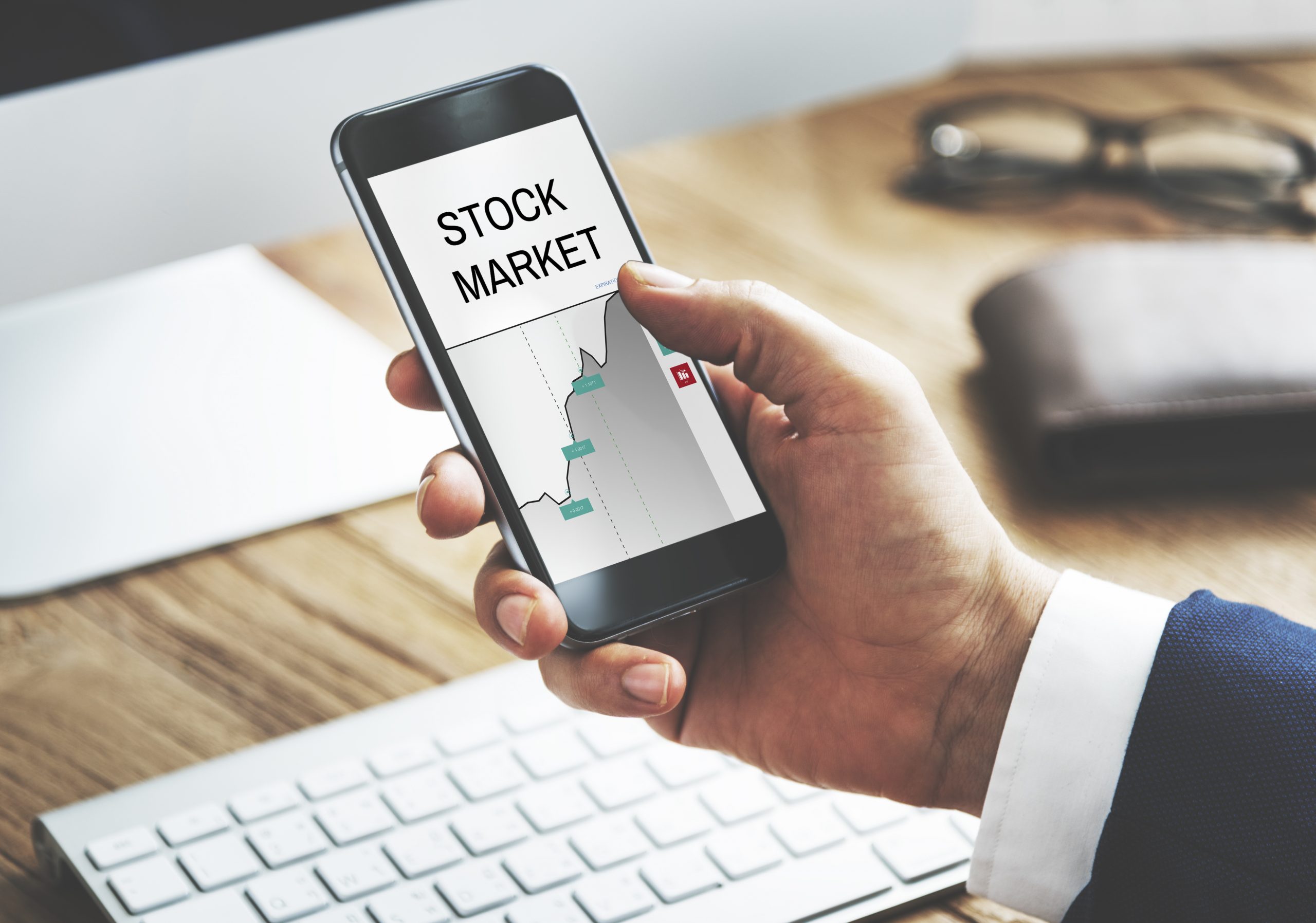The Buyt Desk
If you are entering the stock market for investment as a fresher, you must know about various terminologies used in the industry. It will save valuable time, which you might spend googling the meaning of these terms.
There are many terminologies the stock market has, but the key ones are only a handful, which beginners must know.
What is a stock market?
The stock market is a kind of exchange platform which traders use to buy and sell stocks. It also lets companies issue stock.
The stock market serves two purposes
-
It helps companies get funds which they use to expand their business.
-
It allows investors to share the profit of companies listed on the stock market/Stock Exchange.
The stock market is a different segment in the investment market and has distinct terminologies. The industry experts discuss the market and investment strategies in these terms only.
Here are the key terminologies of the stock market
Shareholder – These are individuals, corporations or institutions who legally owns one or more than one share of stock in a private or public corporation. The shareholders have ownership of the company.
Preference Shares – These are kind of stock or shares that offers preferential rights to investors over common stock when asset distribution or earning takes place. It has different terms and conditions for allotment.
Shares or Stocks – The share gives partial ownership of a company to an investor on its earnings and assets. The value of shares fluctuates, and its movement depends on different market factors. The more stock you have, the higher ownership you will have in the company. The terms like stock, share, equity all are the same.
Primary Market – It is also called New Issue Market (NIM). It is the marketplace for selling and buying new shares directly from the company. It is done through IPO.
Secondary Market – It is the market to trade already issued securities. It involves indirect selling and purchasing of shares. Brokers work as intermediaries, and investors earn a profit on the sale of shares.
Intraday – Intraday trading is when you buy and sell shares on the same day. The objective of intraday is for earning profit by utilizing the market movement. It is not an investment.
Bonds – It is a fixed-income instrument that an organization sell to investors. It is an amount that investors lend to the firm that issued a bond for a period of time at a fixed or variable interest rate.
Bull Market – The term is to describe the share market scenario. When the market is rising, and the public feels optimistic, the share price will go up.
Bear Market – The term describes the share market going down. People are selling shares because of prevailing uncertainty.
IPO – When a private organization launches its share first time in the market for the public. The IPO stands for Initial Public Offering. Companies launch IPO to raise funds.
Portfolio – It is the group of stock an individual is holding. It is a good practice to build a portfolio. It creates a balance between risk and reward.
Dividend – When the company makes a profit and distribute the same among shareholders holding its share, that share of profit is known as a dividend.
Index – Thousands of companies are listed on the stock exchange. It is difficult for anyone to track each share performance at a time. The index is a sample of the market. It represents the whole market movement.
Sensex – It is the index of BSE. It comprises 30 large companies from BSE.
Nifty – It is the index of NSE and comprise 50 large companies.
Limit Order – The limit order means buying or selling shares at a predecided price. E.g. If the share price of L&T is Rs 4000, but you want to buy it at Rs 3500, you will limit your order. The order gets executed only at this price.
Good Till Cancellation Order (GTC) – The order for the share can be placed when an individual is willing to sell or buy it at a predecided price. In this scenario, the share order remains active till it is processed or cancelled.
Trading Volume – It is the number of shares being traded at a time. High trade volume depicts better connectivity between seller and buyer.
Face Value – Face value term is used to state the value of the stock by the company that has issued it. It remains different from the market value.
Bid – Bid is the maximum price a buyer has quotes to buy a share.







